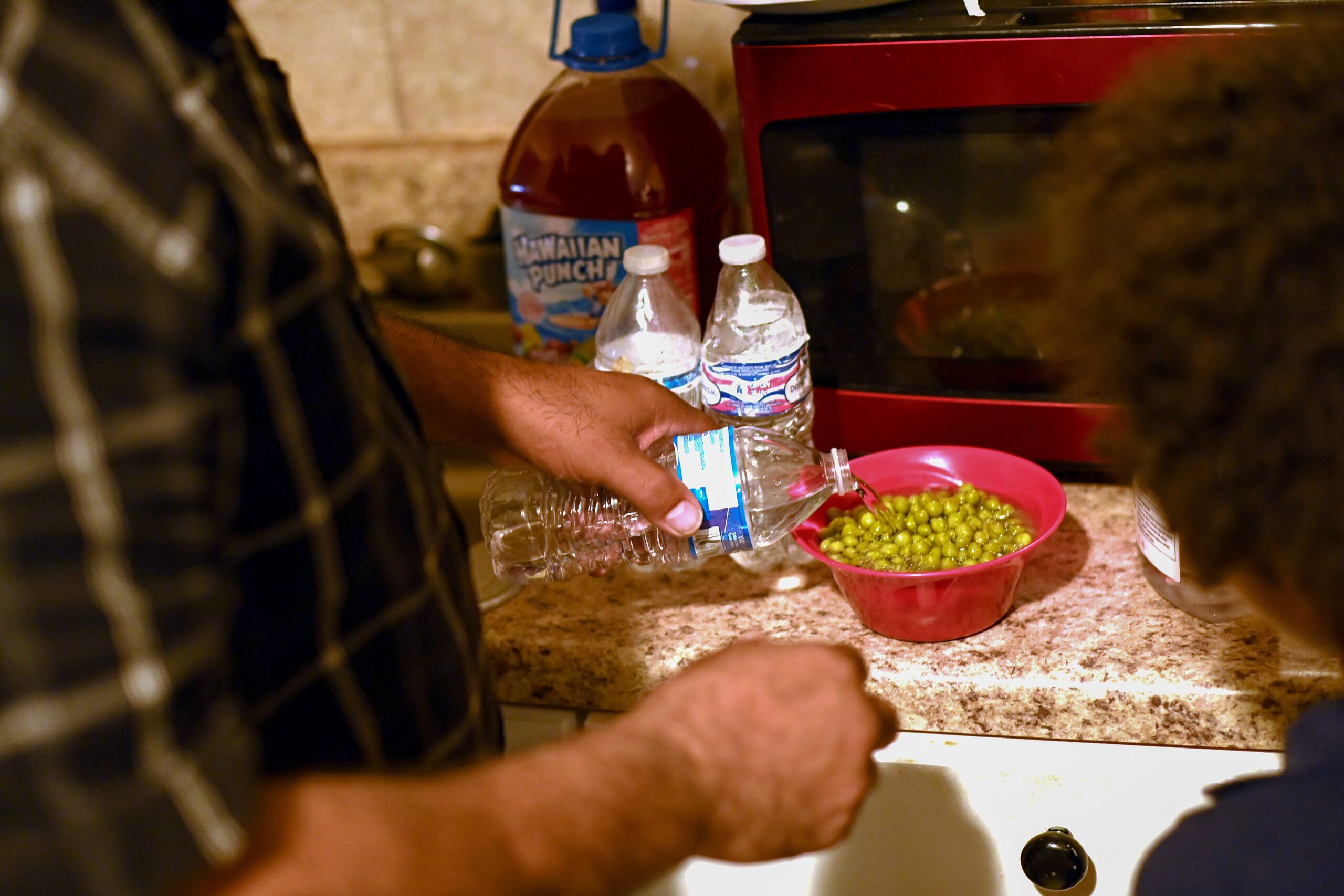With Earth Day nearly upon us, President Joe Biden is set to sign an executive order creating an office of environmental justice. This EO is just the latest step in the White House’s pledge to take access to clean air and water seriously in communities hit the hardest by pollution.
Suggested Reading
Black Americans certainly don’t need to be reminded that the United States has an environmental racism problem. What’s happened in places like Flint, MI., and Jackson, Miss., is a clear enough indication that we have an issue. But the question at the moment is whether this new White House initiative is up to the task of meaningfully addressing this crisis. Here are the three things you should know about Biden’s new executive order.
The biggest thing to know about Biden’s new executive order is that it creates a brand new White House Office of Environmental Justice, tasked with coordinating the White House’s new directives. At least symbolically, this is a sign that the White House is paying attention to the growing calls that it’s no longer acceptable for people of color and lower-income communities to be this country’s dumping ground.
But outside of the symbolic nature of the new executive order, it’s worth paying attention to the new requirements Biden is ushering in today.
First and foremost, the executive order will require federal agencies to notify and hold public meetings with nearby communities when toxic substances are released from federal facilities. Federal agencies will also be required to conduct assessments of their environmental justice efforts through a new scorecard. Additionally, these agencies will be tasked with “developing, implementing, and periodically updating” a strategic plan to address environmental justice.
The short and unsatisfying answer to this question is that it’s way too soon to tell how effective this new executive order will be. While this is undoubtedly a step in the right direction, Biden certainly won’t be seeing any assistance on this issue from Congress with Republicans in control of the House.
In fact, House Republicans recently passed a bill that would undo nearly all of Biden’s climate change and environmental justice agenda by giving oil and mining companies increased access to public lands, including tribal lands.
It’s hard to imagine the White House making a serious dent in the massive quality of life disparities in the U.S. without partners in Congress or in the states with the most significant pollution and water quality problems, like Mississippi.
Environmental justice is undeniably a Black issue. According to the U.S. Water Alliance, race is the strongest predictor of access to clean water and sanitation. Time and time again, we’ve seen horrific examples of Black communities suffering from either neglect or, in some cases, outright being used as dump sites for toxic chemicals.
Take “Cancer Alley,” for decades, Black Americans in the St. John the Baptist Parish of Louisiana were subjected to deadly chemicals from a petrochemical plant set up right next to their neighborhood. Only last month did the U.S. Department of Justice take action against the two companies after generations of families breathed in the toxic cancer-causing emissions. In Jackson, Miss., decades of neglect of the water system have led to disastrous consequences for the predominantly Black community.
Those examples are just the tip of the iceberg regarding environmental racism in the United States. The fact that the White House is at least calling the issue out for what it is matters, but it’ll take a massive coordinated effort to even begin to address the level of environmental inequality in this country.
Straight From 
Sign up for our free daily newsletter.



